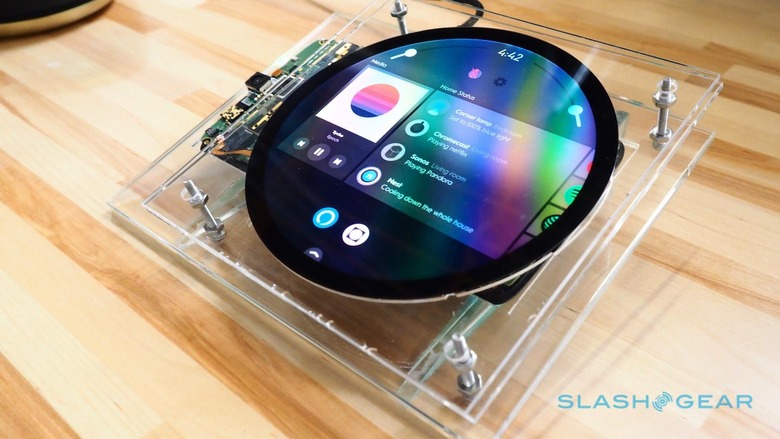The new Essential phone may use AI to pretend to be you
The next Essential phone may not be like anything you recognize as a smartphone, with Andy Rubin's Android startup reportedly looking closer to sci-fi movie "Her" for inspiration than anything else on carrier store shelves. Essential made headlines with Rubin's original concept, a smartphone that would use open software and modular hardware to last for longer than the typical handset.
The result was the Essential Phone PH-1, a device that led the market in terms of using a front notch cutting into the screen, but combined that with a relatively compact body and premium materials. Sales, though, remained low – at least until Essential ran repeated promotions which cut the cost of the device significantly.
Most recently, Rubin confirmed that Essential had shaken up its roadmap in order to survive. "We embrace canceling some [products in development] in favor of the ones we think will be bigger hits," he said, in response to reports that the second-generation Essential Phone had been axed. At the time, it was reported, Essential was also shopping itself around to potential buyers.
Now, a new report suggests something even more ambitious is in the works. Essential has put the majority of its projects to one side, Bloomberg's insiders claim, to focus on an unusual device that will rely on artificial intelligence (AI) to act more like a companion than a smartphone. In the process, not only has the original idea for an Essential Phone 2 been cancelled, but the company's smart speaker – unveiled at the same time as the first Essential Phone – has been put on pause.

This new device would, arguably, combine some of both projects. According to insiders familiar with the project, the new Essential Phone would buck industry trends toward larger screens and instead prioritize voice commands. It would still have a display, but that would be relatively small, with interactions handled either actively by speaking to an AI, or proactively by the device doing things it believes the user would want.
For instance, it would be able to book appointments and reply to emails and text messages by itself, the report claims. In the process it would effectively mimic the user, to some extent at least.
It's an ambitious idea, and one which people are likely to be skeptical about. For a start, the experience with most AI assistants – whether the Google Assistant, Apple's Siri, Samsung's Bixby, or Amazon's Alexa – can be middling at best. When such projects do deliver more lifelike responses, they typically run into other concerns, as Google found when it demonstrated its Duplex appointment-booking technology earlier in the year.
Meanwhile the likelihood of actually weaning smartphone users off their devices and into trusting a very different one is undoubtedly an uphill battle. Essential seems to have accepted that, according to the leaks, and is envisaging selling the as-yet-unnamed device as an adjunct, rather than a replacement, to smartphones for most users.
Development of the first prototype is said to be underway, with a finished unit targeting the end of the year for completion. That would allow Essential to demonstrate the gadget to potential partners like carriers at CES 2019 in January.
